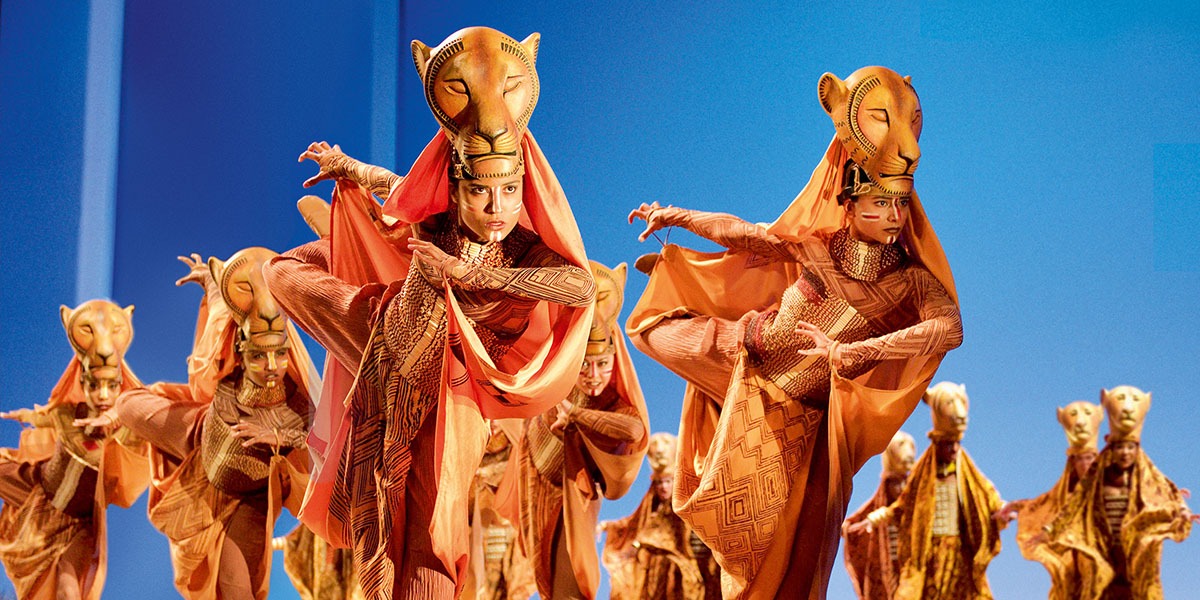The Tricycle theatre’s latest verbatim play makes for increasingly disturbing viewing as the naturalistic drama portrays men at their most animalistic in the often extraordinary circumstances of war.
Richard Norton-Taylor took on more than 60,000 pages of evidence, research and reports to create Tactical Questioning, a selection of scenes from the Baha Mousa Inquiry. 115 days and 101 witnesses are condensed into a 105 minute trial questioning just how it came to be that in 2003, British soldiers were allowed to hood and effectively torture Iraqi detainees resulting in the death of Baha Mousa, 36 hours after he was taken prisoner.
With no evidence the detainees had any reason to be arrested, soldiers admitted to placing the captured in ‘stress positions’ – crouching against the wall with arms stretched out – as well as repeatedly physically abusing them and subjecting them to sleep and food deprivation.
While Tactical Questioning certainly highlights the atrocities of the details of the case, any theatricality you would imagine could be created by such a story is replaced by the formality and unemotional atmosphere of a court room which is recreated on the Tricycle stage. A stenographer types incessantly away, recording the action taking place in a soulless office filled only with folders and folders of evidence.
Led by a calm-voiced Gerard Elias QC (Thomas Wheatley), soldiers, MPs and Army legal advisors are interviewed to try and conclude just why Baha Mousa died in their care. Beginning with ex-soldiers who stutter through their interrogations, embarrassed and nervous, the trial becomes less and less apologetic as the interrogated become defensive and vague, relying on their fading memories to glaze over obvious mistakes and their, ultimately fatal, turning-a-blind-eye approach.
With the report due for release later this year, Tactical Questioning answers no questions but with the use of videos and documents – all of which are screened around the auditorium on television sets – the conclusion seems obvious. However, with even the soldier court-martialed for his actions, Donald Payne, on the defensive, whether anything will be learnt from the trial is another question entirely.
This is a very different style of theatre than most theatregoers will be used to and while the emotivity and philosophical enquiry of traditional drama is not always apparent on stage, Tactical Questioning is undoubtedly compelling. Only one question was left missing from this staged trial; just who was Baha Mousa?
CM


